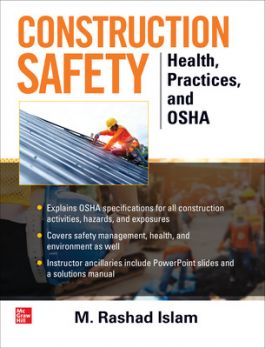Note: This story has been edited to include additional information.
The U.S. Senate voted 50-48 this week to strike down a key provision of OSHA’s recordkeeping rule by axing the agency’s ability to cite recordkeeping violations found by inspectors that are older than 180 days. The so-called “Volks” rule that was struck down – issued in December 2016 -- gave OSHA the ability to issue citations to employers for failing to record work-related injuries and illnesses during the 5-year retention period, contrary to the six-month statute of limitations.
The House had already passed its own bill to repeal it.
The action reduces the length of time that employers in high hazard industries must keep injury records – from five years to six months.
This repeal action does not relieve employers of the duty to keep OSHA injury and illness records, nor does it affect the electronic recordkeeping requirements issued as a final standard in May 2016 which went into effect on Jan. 1, 2017.
That rule was issued prior to the six month window (July 20, 2016 to Jan 20, 2017) that Congress can use to repeal newly issued regulations.
Will employers hide injuries?
Worker safety advocacy groups like the American Industrial Hygiene Association (AIHA) voiced strong opposition to the repeal. In a statement to its membership, the AIHA said that “accurate records help protect workers, and less-complete records place them at greater risk.”
Deborah Berkowitz of the National Employment Law Project said the rule is about “whether the government can sanction employers in the most dangerous industries for hiding serious workplace injuries and keeping fraudulent records.”
Berkowitz noted that employer injury records are the basis for the government statistics on workplace injuries, which guides both the government and industry decisions on prevention strategies.
BLS objections
Two former commissioners of the Bureau of Labor Statistics urged the Senate not to overturn the recordkeeping rule.
In a letter sent to senators this week, Erica Groshen, who served under President Barack Obama, and Kathleen Utgoff, who served under George W. Bush, warned that the repeal “will likely have unintended and unfortunate consequences on the collection of injury data.” Groshen and Utgoff said that nullifying the recordkeeping rule would put responsible employers who accurately record workplace injuries at a disadvantage by making them compete with employers who will no longer feel compelled to maintain accurate records.
Republicans have also used the CRA to repeal an Obama-era regulation that made it harder for companies with a history of safety and health violations to win federal contracts.








.jpg?t=1721257160)
